|
Two years ago, Todd Bol built a tiny library and placed it outside his home to honor his school teacher mother. The idea was so popular he joined with friend Rick Brooks to create littlefreelibrary.org. and together they've started a mini library movement. The idea is simple: Build a small structure and fill it with books. Plant it on a pole outside your yard or business and invite people walking by to "take a book. leave a book." The website offers plans and kits for the boxes but many invent their own, some from recycled material. The site features pictures of artfully crafted libraries shaped as houses, barns, stores, or an eclectic mix.
The libraries are in thirty states and twenty countries. Their goal: 2510 mini libraries to top the libraries Carnegie endowed. I love this idea and since Florida lacks an icon on the Little Free Library map, I'd like to put one there. Now if I could just motivate the husband to dust off that dusty table saw . . .
0 Comments
Today is the first official day of Spring but here in Florida the humidity and temps are nearing summertime levels. Afternoon highs have been in the mid to upper 80s for a few weeks now. Last week, we were scolded by a flock of ducks, waddling and flicking their tails. Made me wonder if they were already nesting. The resident peacocks have spent the winter growing their tail feathers and now they're parading for the peahens. They remind me of showgirls who balance elaborate headresses on their noggins. I'm still trying to digest the mysterious writing of picture books. Most weeks, I pick up a stack from the library to study and I'm slowly compiling a list of favorites. I usually choose books based on recommendations but sometimes inspiration comes from unconventional places. Like a recent Jeopary show, when the answer to a clue was "What is Olivia?" Olivia, in case you're a picture book deprived soul, is Ian Falconer's hysterical piglet. She embodies a somewhat pampered, self-absorbed young girl with a short attention span. Olivia manipulates her younger brothers when she needs instruments for her one-man band, tortures her parents when her favorite toy goes missing and quickly forgives the dog for chewing it up. In other words, Olivia' a pretty normal six-year-old girl.
Maybe because I 've never had a child to read to, the picture books I'm drawn to offer humor adults can relate to. It's hard not to laugh at Falconer's illustrations, rendered in simple lines and minimal color. He expertly captures the expressions of bewildered parents and a fierce, imaginative child. In Olivia and the Missing Toy, Olivia begs for a new soccer shirt. Her mother spends the day sewing it, tormented by Olivia's impatience to have it done. When her mother finally presents the shirt, Olivia is too enthralled in a book to look up at the forgotten shirt. There are ten Olivia books, including the original Olivia, a Caldecott Honor book. I'd like to have them all and I'd like to personally thank Falconer for his piglet. To read more about Olivia and Falconer, visit his website here. You can also catch Olivia's animated series on Nick, Jr. 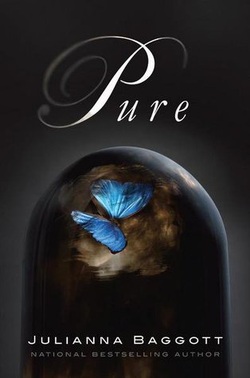 Consider what's near you at the moment. Are you talking on a cell phone, looking out the window or driving a car? Is there a dog snuggled beside you or a baby in your arms? In the post-apocalyptic world of Julianna Baggott's new novel Pure, survivors are fused into hybrids by nuclear bomb blasts. Electronics melt into palms, glass embeds in faces, children attach to mothers' hips and machinery replaces body parts. Many are so altered, they barely resemble humans in body or mind. Protagonist, Pressia Belze was six when the bombs fell. Her parents are killed in the blast and a doll head fuses over her hand. Now, sixteen she's running from the ruling militia who force teens to kill or be killed. Seventeen-year-old Partridge is a Pure, living in a domed-society, protected from the bombs. But privilege comes with a cost and Partridge isn't willing to pay it. He escapes the shelter and the bioengineered enhancements his scientist father requires of children to search for his mother who never made it to the Dome. Unprepared for the savage world outside, Pressia saves him from an attack. Then she's drawn into the search for his mom, and distracted, she's captured by the army. The remainder of the book follows the teens on parallel paths as Pressia struggles to survive body and spirit, and Partridge continues his search. Along the way their beliefs about society's fall unravels, raising questions they can't ignore. Who set off the bombs and how were people selected for the Dome? Why is Pressia singled out by the militia leader and what role did Partridge's mother play in all this? You'll race to the end of the book to find out. Julianna doesn't reveal all. Pure is the first in a trilogy and she leaves just enough unanswered for readers to crave Book Two. I've read lots of YA dystopian. To the point I didn't think I could stomach another. But Pure captured me. I'm attached to Pressia and Partridge and already dreading the end of Book Three when their story comes to an end. The book has earned great reviews, including this detailed post in The New York Times. For more reviews and author insight, see Julianna's blog, Baggott, Asher and Bode. |
AuthorI write middle grade and young adult books with a magical twist, and I'm represented by the fabulous Leslie Zampetti at Open Book Literary. Writer Websites
Augusta Scattergood Maggie Stiefvater Rob Sanders Fred Koehler JC Kato Sarah Aronson Kelly Barnhill Linda Urban Kate DiCamillo Jacqueline Woodson Helpful Links SCBWI Agent Query Lorin Oberweger - Freelance Editor Search BlogArchives
May 2020
Categories
All
|
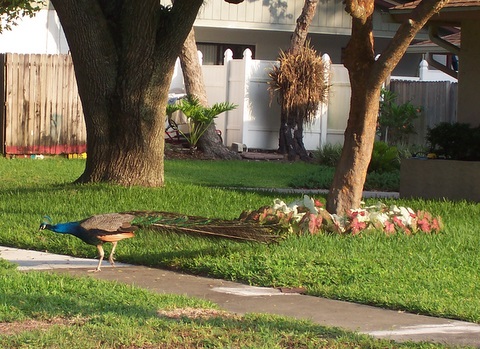
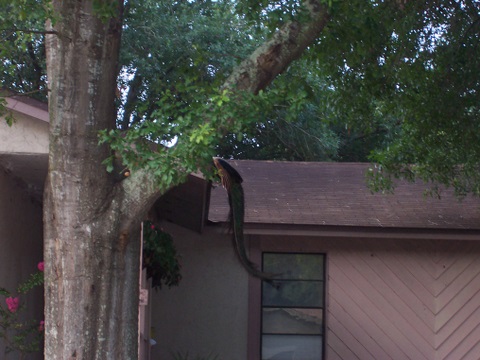
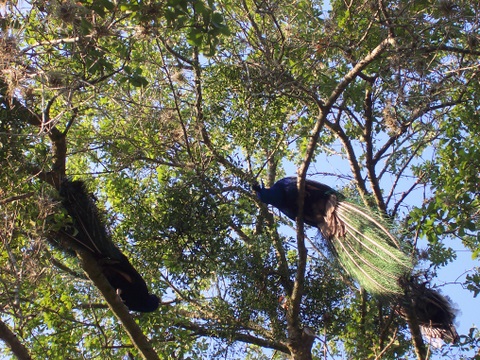

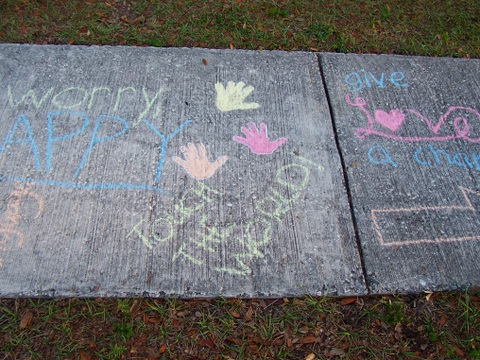
 RSS Feed
RSS Feed
